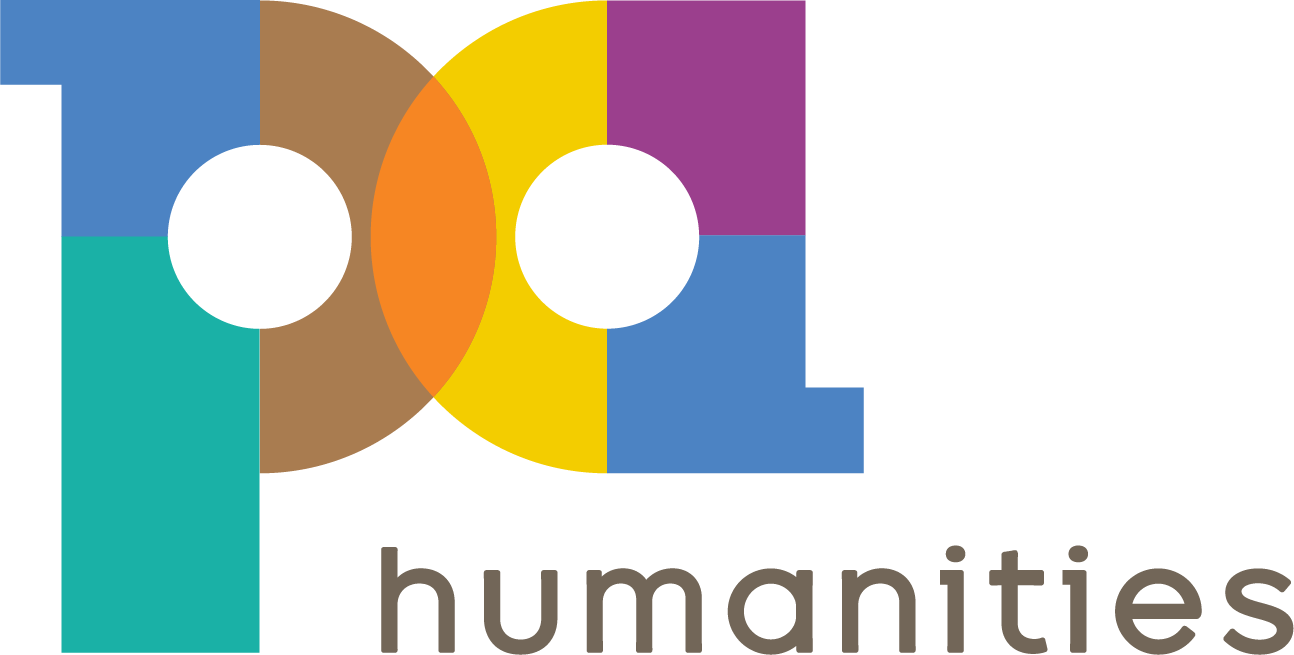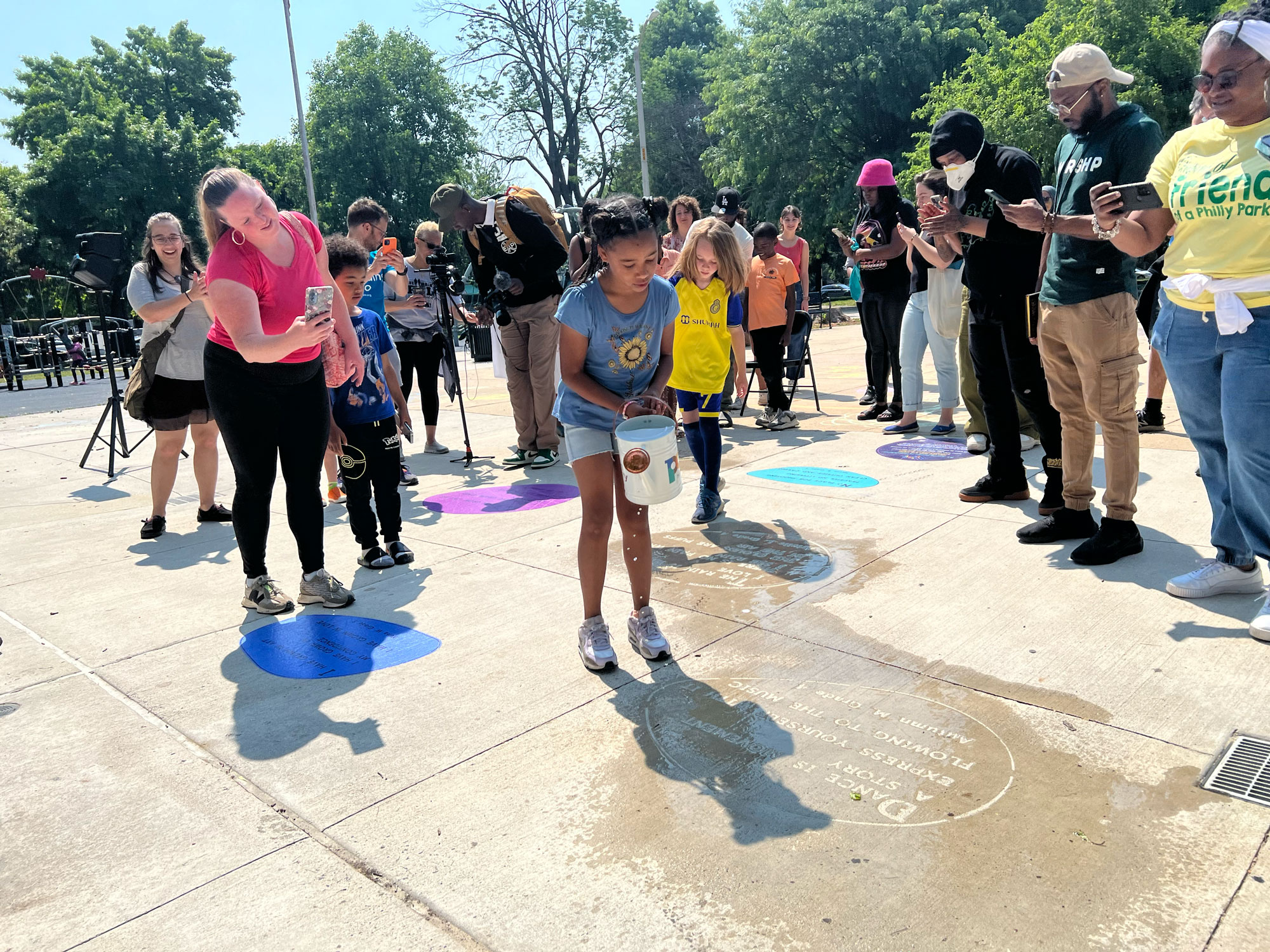sponsor content What's this?
Sponsored Content
PA Humanities celebrates 50 years of working with Pennsylvania's communities
A Q&A with Laurie Zierer, Executive Director at PA Humanities

Laurie Zierer, Executive Director at PA Humanities Happy Hour Photos

PA Humanities is the statewide humanities council, one of 56 entities throughout the United States and territories. Its mission is to champion the humanities as a means to spark civic engagement, build community, educate, inspire, and make long lasting change.
2023-2024 marks PA Humanities’ 50th anniversary, how has your work evolved over all these years?
It has changed so much but its spirit has remained the same. In preparation for our 50th anniversary I did some archival research on the Public Committee for the Humanities in Pennsylvania, HIP for short, which was our original name. In 1972, one year before we officially launched at Bucknell, a foundational, cross-sector meeting was held with the purpose of "[gaining a] better understanding of current issues in the light of the insights and perspectives of the humanities." This could have been written today — we are still using the humanities to bring diverse communities together to understand complex issues, make space for dialogue, and bridge divides.
Perhaps our biggest change began in 2013 when we made a strategic shift from traditional events surrounding history and literature to focus on community building and education programs that have a higher impact for PA residents. In 2020 we invested in grantmaking ,research, and advocacy in response to the pandemic. This is all in line with our 50 year history of being responsive to the needs of the people of Pennsylvania and honoring their stories, traditions, and talents.
What are the humanities exactly and why do they matter for Pennsylvania communities?
I see the humanities as a verb, not a noun — a way of doing that fosters social change and promotes the betterment of humanity. They are those human practices -- like storytelling, dialogue that fosters and bridges difference, hands-on, experiential cultural engagement with foods — that shape our identity, foster empathy, drive civic action, and help us make sense of the world and flourish as individuals and as a society.
The humanities are not just important to Pennsylvania communities, they are necessary for our well-being and provide us with the tools for working together for a better future. People are tired of talking about change. They want to be part of leading that change and creating places where everyone can belong and thrive. They want to see action – less crime, a new grocery store, preservation of their history, or helping young people, seniors, or families struggling to pay bills. That all starts with the tools of the humanities.
Since the pandemic you’ve done a lot of research on the overall health of Pennsylvania’s cultural sector. What challenges and opportunities lay ahead for the sector and government?
In the past three years we’ve studied the expansive and diverse arts and humanities sector annually through the PA CultureCheck survey and more recently with the PA Humanities Discovery Project with Drexel University. The common denominator is that cultural organizations and practitioners are driving innovation and growth in our communities and economies but they are woefully underfunded in a way that does not reflect their significant economic and social contributions. Education, community development, food insecurity, gun violence, mental health and wellness – these are just some of the issues that the sector is addressing. We need to do better, especially in an often divided state where the sector is maintaining crucial partnerships and building bridges.

Increased funding is an opportunity to enhance the sustainability and impact of cultural organizations, allowing them to expand their reach and ensure more equitable access to these resources. Strengthening collaborations between the cultural sector and government will increase the ways the sector can be a driver of community well-being, economic development, and social innovation.
What drives you personally to be a champion for the humanities?
As a child I always sat listening to my grandparents tell stories about their journey to make a better life for their children working at the railroad where I was born in Altoona, PA. I remember my grandfather working all day, then finding time to teach German language in the community, and read classics out loud to me at night. I’ve always wanted to take his stories and books off the shelves to put them in everyday people’s hands to take action in their lives and communities, and to help them make sense of the world, celebrate their culture, and flourish for the betterment of humanity. Our programs like PA Heart & Soul are inspired by that idea. Now in 16 communities with more than 8,000 stories collected around the state, we know that the humanities power people to take action and become leaders in local government, build trust, celebrate local pride, engage downtowns, honor history and culture – all with a simple question, “What do you love most in your community?”
You have a lot going on with your 50th anniversary, what are you most excited about?
So much to be excited for but Rain Poetry continues to make my heart sing. We work with poets and artists to help children express their creativity through writing haiku poems, and then install the poems in community spaces with a special water-activated paint that reveals itself when wet. Rain Poetry has installations in Philadelphia, Pittsburgh, and Johnstown, and is scheduled to begin in Reading this fall. We'll be bringing the installation to the Governor’s Mansion in Harrisburg this summer.
NEXT STORY: A Q&A with Loni Kline
